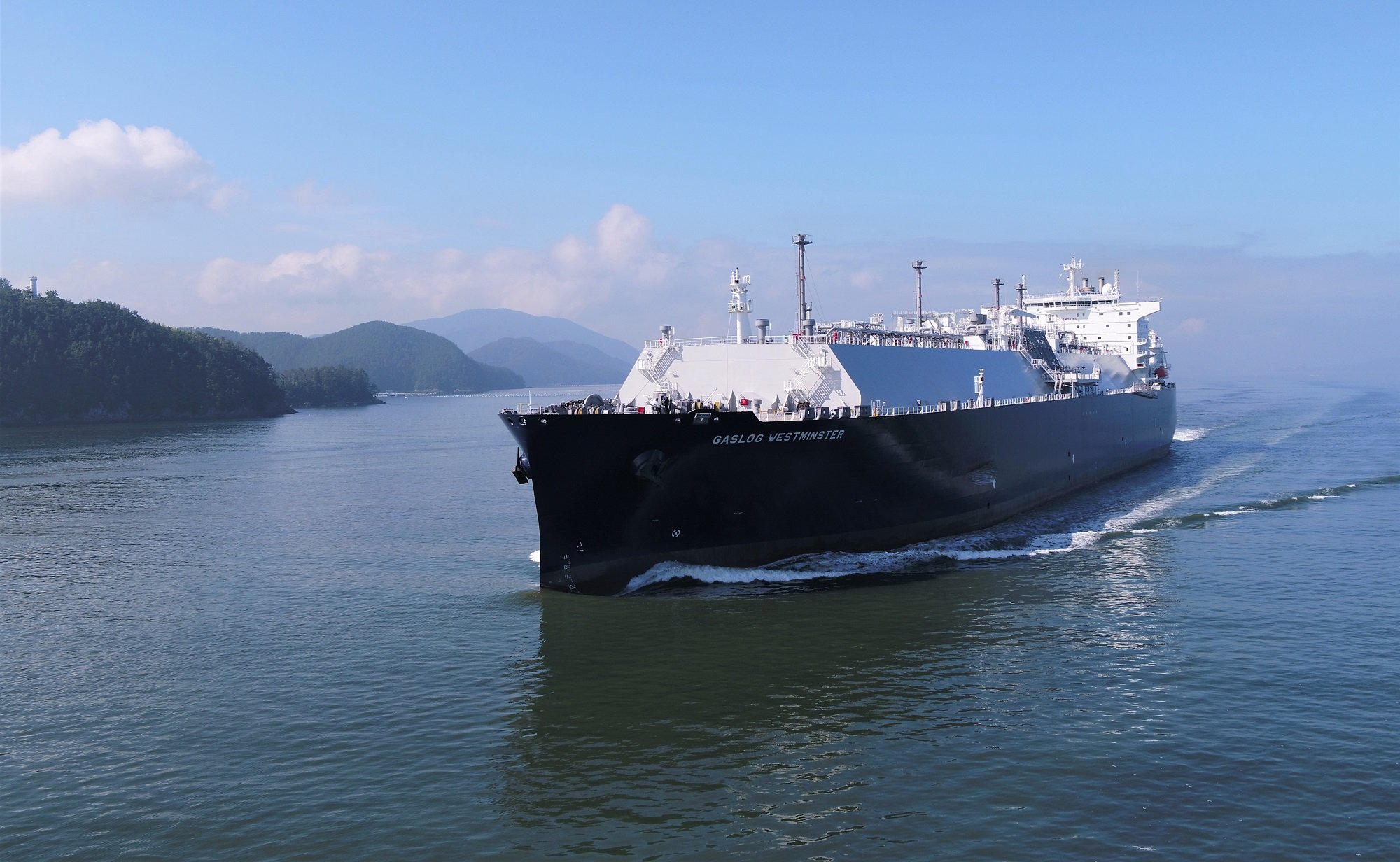With the conclusion of the latest session of its Marine Environment Protection Committee (MEPC 83) the International Maritime Organization (IMO) says that it has achieved another step towards establishing a legally binding framework to reduce greenhouse gas (GHG) emissions from ships globally, aiming for net-zero emissions by or around, i.e close to 2050.
The IMO Net-zero Framework is the first in the world to combine mandatory emissions limits and GHG pricing across an entire industry sector.
Approved by the Marine Environment Protection Committee during its 83rd session (MEPC 83) from April 7–11 April 2025, the measures include a new fuel standard for ships and a global pricing mechanism for emissions.
These measures, set to be formally adopted in October 2025 before entry into force in 2027, will become mandatory for large ocean-going ships over 5,000 gross tonnage, which emit 85% of the total CO2 emissions from international shipping.
The MEPC meeting was unusually contentious for an IMO proceeding with the U.S. delegation withdrawing before it concluded and circulating a diplomatic note that reportedly saying, among other things, that “the U.S. rejects any and all efforts to impose economic efforts against its ships based on GHG emissions or fuel choice.”
The MEPC meeting did not come up with the kind of carbon tax funded Zero Emission Fund long proposed by the International Chamber of Shipping.
“Although we had hoped for an even more ambitious result, this is a historic agreement, which is a first step towards climate-neutral shipping in 2050,” said Danish Minister of Business and Industry Morten Bødskov. “We must have this agreement in safe harbor by October. That is why we continue the work, and we insist on taking responsibility and continuing the dialogue. Today we have taken a big and important step closer to climate-neutral shipping in 2050.
“The agreement is the result of difficult negotiations, and a number of countries chose not to support it, including the United States, Russia and Saudi Arabia.”
“The agreement includes a fuel standard as well as an economic element. The standard includes reduction requirements for ships’ greenhouse gas emissions, which will be tightened gradually. This is intended to ensure that shipping is put on a path towards climate neutrality by 2050.
“The financial element will generate revenue to support the use of green fuels in shipping and support the transition in developing countries. The agreement is intended to deliver on the climate strategy agreed upon by IMO member states in 2023.”
According to Lloyd’s Register some of the significant outcomes from MEPC 83 are:
More in the full Lloyd’s Register summary report HERE






